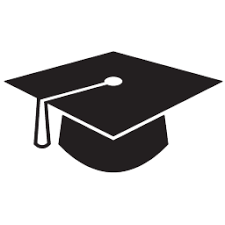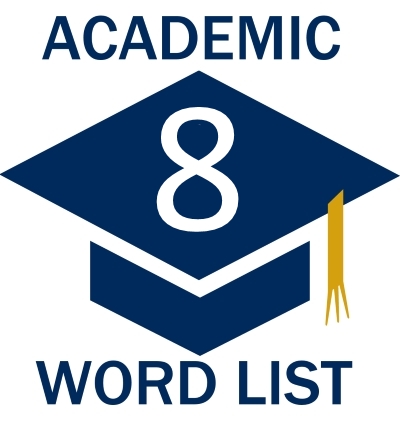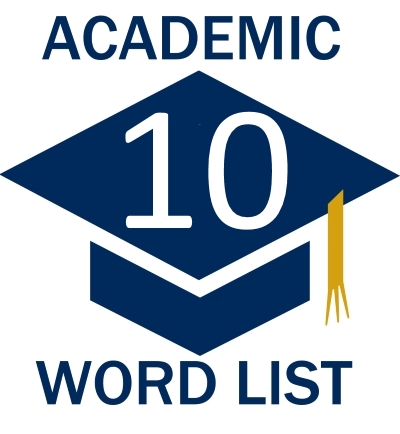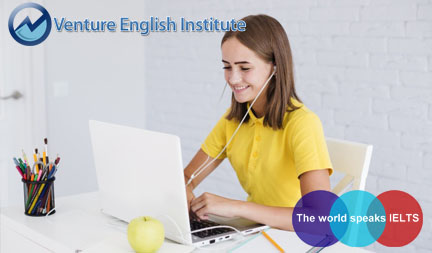So I was trained to become a gymnast for two years in Hunan, China in the 1970s. When I was in the first grade, the government wanted to transfer me to a school for athletes, all expenses paid. But my tiger mother said, "No." My parents wanted me to become an engineer like them. After surviving the Cultural Revolution, they firmly believed there's only one sure way to happiness: a safe and well-paid job. It is not important if I like the job or not.
But my dream was to become a Chinese opera singer. That is me playing my imaginary piano. An opera singer must start training young to learn acrobatics, so I tried everything I could to go to opera school. I even wrote to the school principal and the host of a radio show. But no adults liked the idea. No adults believed I was serious. Only my friends supported me, but they were kids, just as powerless as I was. So at age 15, I knew I was too old to be trained. My dream would never come true. I was afraid that for the rest of my life some second-class happiness would be the best I could hope for.
But that's so unfair. So I was determined to find another calling. Nobody around to teach me? Fine. I turned to books.
I satisfied my hunger for parental advice from this book by a family of writers and musicians.["Correspondence in the Family of Fou Lei"]
I found my role model of an independent woman when Confucian tradition requires obedience.["Jane Eyre"]
And I learned to be efficient from this book.["Cheaper by the Dozen"]
And I was inspired to study abroad after reading these.
["Complete Works of Sanmao" (aka Echo Chan)] ["Lessons From History" by Nan Huaijin]
I came to the U.S. in 1995, so which books did I read here first? Books banned in China, of course. "The Good Earth" is about Chinese peasant life. That's just not convenient for propaganda. Got it. The Bible is interesting, but strange. (Laughter) That's a topic for a different day. But the fifth commandment gave me an epiphany: "You shall honor your father and mother." "Honor," I said. "That's so different, and better, than obey." So it becomes my tool to climb out of this Confucian guilt trap and to restart my relationship with my parents.
Encountering a new culture also started my habit of comparative reading. It offers many insights. For example, I found this map out of place at first because this is what Chinese students grew up with. It had never occurred to me, China doesn't have to be at the center of the world. A map actually carries somebody's view. Comparative reading actually is nothing new. It's a standard practice in the academic world. There are even research fields such as comparative religion and comparative literature.
Compare and contrast gives scholars a more complete understanding of a topic. So I thought, well, if comparative reading works for research, why not do it in daily life too? So I started reading books in pairs. So they can be about people -- ["Benjamin Franklin" by Walter Isaacson]["John Adams" by David McCullough] -- who are involved in the same event, or friends with shared experiences. ["Personal History" by Katharine Graham]["The Snowball: Warren Buffett and the Business of Life," by Alice Schroeder] I also compare the same stories in different genres -- (Laughter) [Holy Bible: King James Version]["Lamb" by Chrisopher Moore] -- or similar stories from different cultures, as Joseph Campbell did in his wonderful book.["The Power of Myth" by Joseph Campbell] For example, both the Christ and the Buddha went through three temptations. For the Christ, the temptations are economic, political and spiritual. For the Buddha, they are all psychological: lust, fear and social duty -- interesting.
So if you know a foreign language, it's also fun to read your favorite books in two languages.["The Way of Chuang Tzu" Thomas Merton]["Tao: The Watercourse Way" Alan Watts]Instead of lost in translation, I found there is much to gain. For example, it's through translation that I realized "happiness" in Chinese literally means "fast joy." Huh! "Bride" in Chinese literally means "new mother." Uh-oh. (Laughter)
Books have given me a magic portal to connect with people of the past and the present. I know I shall never feel lonely or powerless again. Having a dream shattered really is nothingcompared to what many others have suffered. I have come to believe that coming true is not the only purpose of a dream. Its most important purpose is to get us in touch with where dreams come from, where passion comes from, where happiness comes from. Even a shattered dream can do that for you.
So because of books, I'm here today, happy, living again with a purpose and a clarity, most of the time. So may books be always with you.
Thank you.
(Applause)
Thank you. (Applause)
Thank you. (Applause)







